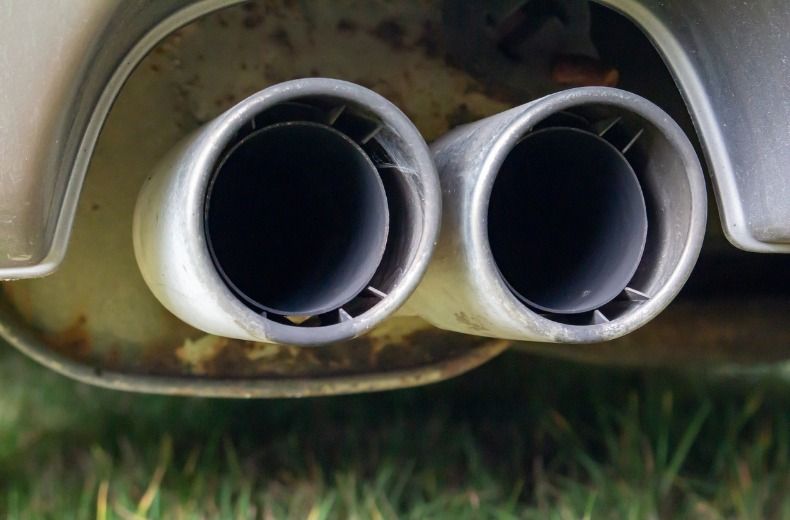Analysis from the ‘focal point for UK research on sustainable energy’ suggests that the economic impact of coronavirus could delay drivers from buying a new car by up to four years.
As consumers look to get more for their money, drivers aren’t likely to pick up an electric vehicle (EV) until a 300-mile range becomes the norm and prices fall.
The UKERC’s Review of Energy Policy 2020† predicts that there’ll be an additional one million diesel cars on Britain’s roads in 2025, a figure that would look very different if it wasn’t for the ongoing pandemic.
The report suggests that without Covid-19, there would be 4.7 million fewer diesel cars between 2020 and 2030.
While the research group supports the ban on the sale of new petrol and diesel cars from 2030, it also believes in ‘phasing in the phase out’.
The UKERC say the 2030 target date “is helpful in providing a long-term signal and driving down emissions in the medium to long term, but setting a future date which defines a before/ aftermarket may be too blunt and will lead to distortions and perverse behaviours in the lead up.”
One such scenario could see manufacturers flood the market with diesel and petrol cars in 2029, creating a ‘long tail’ effect for CO2 emissions.

RAC sale – up to 33% off*
• Roadside cover from £5.49 a month†
• We get to most breakdowns in 60 mins or less
• Our patrols fix 4/5 breakdowns on the spot

If the 50% tax started in 2021 and affected all cars emitting more than 225 gCO2/km and later applied to cars emitting more than 190 gCO2/km, the UKERC predict the policy could save 32 metric tonnes of CO2 (MtCO2) in tailpipe emissions between 2020 and 2030, and a further 65 MtCO2 between 2031 and 2050.
The UKERC’s Professor Rob Gross said: “You might think that people not buying cars is a good thing for the environment. But it’s not a good thing if they delay buying a relatively inefficient car, and that car is still being used for longer.
“Every gram of CO2 that enters the atmosphere stays there, potentially for hundreds of years.”
- 2030 ban – is it worth buying an electric car now?
- Euro 1 to Euro 6 guide –find out your vehicle emissions standard
- Cheapest electric cars – top 12 used and new EVs in 2020
The review also mentions the importance of investing in charging infrastructure and suggests that earlier action would create extra jobs and benefit the economy.
Proposals in the report take inspiration from Norway, where two decades’ of EV perks and taxes on petrol and diesel cars have created Europe’s strongest market for electric cars.
Electric car owners cannot be charged more than 50% of the price that owners of fossil fuel cars pay for ferries, parking and toll roads.
As a result, 13 of the country’s top 20 best-selling cars are fully electric, four are hybrid, two are plug-in hybrid and just one uses a conventional combustion engine.
Would this be a much-needed boost to EV uptake or just an unfair penalty imposed on most drivers? Let us know what you think in the comments.
Get 30 driving tips that will save you money
Running a car isn’t cheap, but there are some easy things you can do to keep your costs down. Get these tips and more useful driving articles sent straight to your inbox now.











